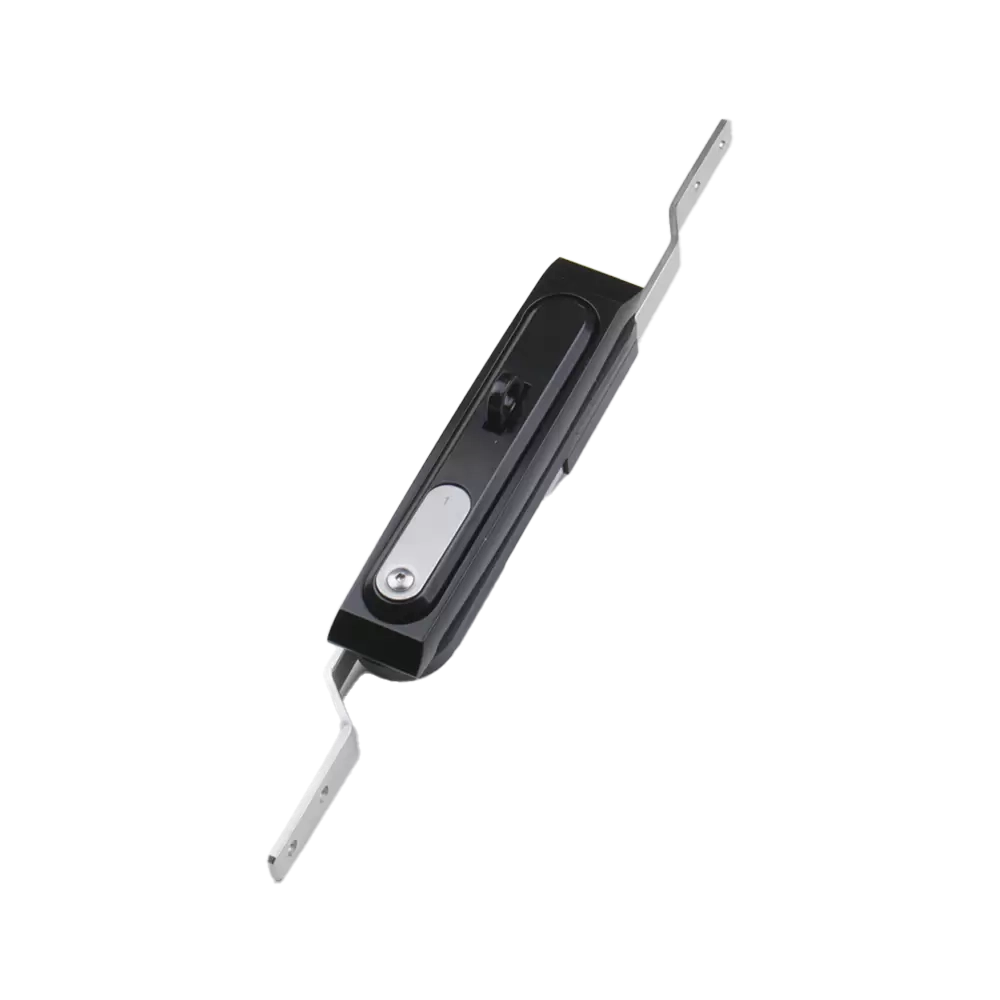In today's digital age, the concept of a smart house has become increasingly popular. A smart house utilizes advanced technologies to automate and control various aspects of the home, enhancing convenience, comfort, and security. But what exactly do you need to have a smart house? In this article, we will delve into the essential components required to transform your home into a cutting-edge, connected living space.
- Robust Internet Connectivity:
The foundation of a smart house lies in a reliable and high-speed internet connection. A fast and stable internet connection ensures seamless communication between devices, allowing for real-time monitoring and control. Consider investing in a high-quality router and broadband service to ensure uninterrupted connectivity throughout your home. - Smart Home Hub:
A smart home hub acts as the central control unit for all connected devices in your house. It serves as a bridge, enabling communication between various smart devices and allowing you to manage them from a single interface. Popular smart home hubs include Amazon Echo, Google Home, and Apple HomePod. Choose a hub that aligns with your preferences and integrates well with your existing devices. - Intelligent Lighting System:
An intelligent lighting system is a fundamental component of a smart house. It allows you to control and automate your home's lighting, enhancing energy efficiency and convenience. Consider installing smart bulbs or switches that can be controlled remotely via smartphone apps or voice commands. Additionally, explore options for customizable lighting scenes, scheduling, and integration with other smart devices. - Home Security and Surveillance:
A smart house prioritizes security, offering advanced features to protect your property and loved ones. Invest in a comprehensive home security system that includes smart door locks, motion sensors, and security cameras. These devices can be integrated with your smartphone, enabling remote monitoring and control. Look for systems that offer real-time alerts, video recording, and compatibility with virtual assistants for enhanced convenience. - Energy Management:
Efficient energy management is a key aspect of a smart house. Consider installing smart thermostats that learn your preferences and adjust temperature settings accordingly. These devices can be controlled remotely, allowing you to optimize energy usage and reduce utility bills. Additionally, explore smart power outlets and energy monitoring systems that provide insights into your energy consumption patterns, helping you make informed decisions to conserve energy. - Home Entertainment:
Transform your living room into a state-of-the-art entertainment hub with smart home audio and video systems. Invest in smart TVs, soundbars, and speakers that offer seamless integration with streaming services and voice assistants. Explore options for multi-room audio, allowing you to enjoy synchronized music throughout your home. With voice control and intuitive interfaces, you can effortlessly manage your entertainment experience.
Conclusion:
Building a smart house requires careful consideration of various components to create a connected and intelligent living space. From robust internet connectivity and a smart home hub to intelligent lighting, security systems, energy management, and home entertainment, each element plays a crucial role in enhancing convenience, comfort, and security. By incorporating these essential components, you can transform your house into a futuristic home that simplifies your daily life and provides an unparalleled living experience.


More Stories
Recommended Breastfeeding Essentials: Make Your Motherhood Journey Easier and More Enjoyable
Studio Acoustic Panels Buying Guide: What You Need to Know
Why Outdoor Stainless Steel Sports Bottles Are Perfect for Hiking and Camping